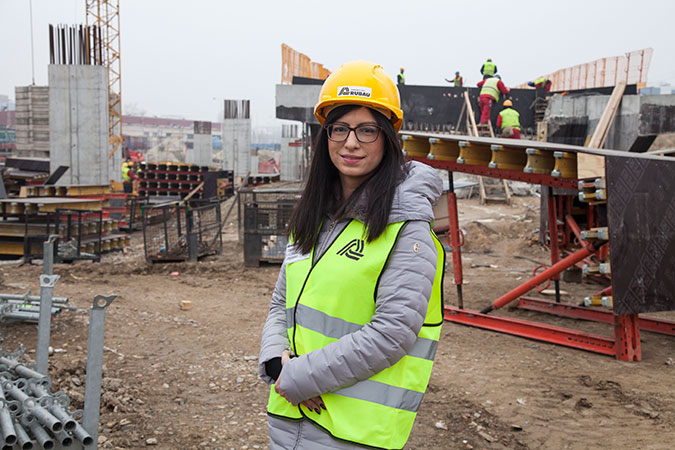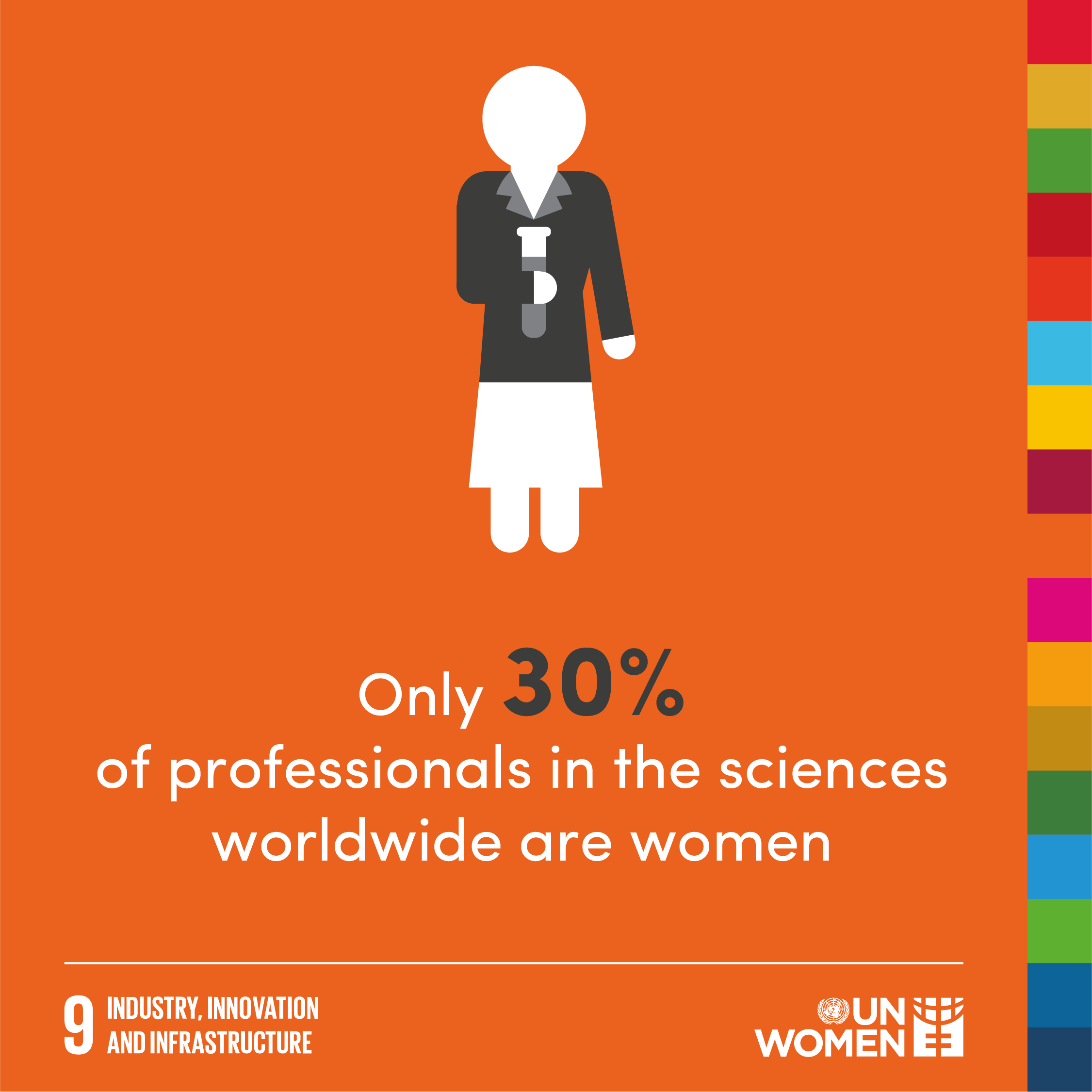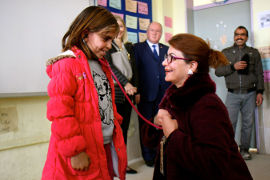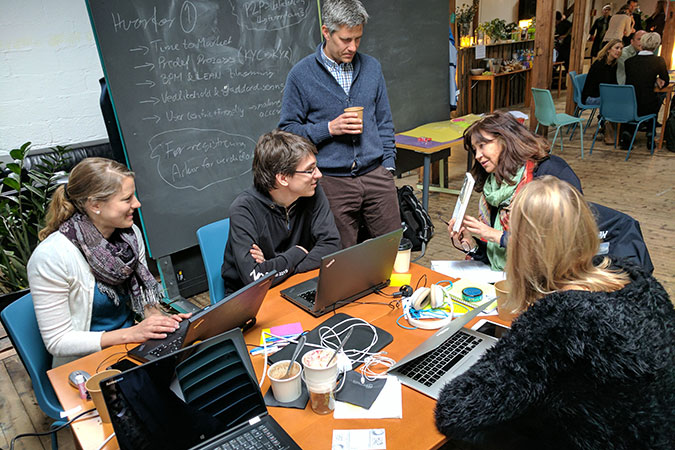SDG 9: Build resilient infrastructure, promote inclusive and sustainable industrialization and foster innovation

Targets
- Develop quality, reliable, sustainable and resilient infrastructure, including regional and transborder infrastructure, to support economic development and human well-being, with a focus on affordable and equitable access for all.
- Promote inclusive and sustainable industrialization and, by 2030, significantly raise industry’s share of employment and gross domestic product, in line with national circumstances, and double its share in least developed countries.
- Increase the access of small-scale industrial and other enterprises, in particular in developing countries, to financial services, including affordable credit, and their integration into value chains and markets.
- By 2030, upgrade infrastructure and retrofit industries to make them sustainable, with increased resource-use efficiency and greater adoption of clean and environmentally sound technologies and industrial processes, with all countries taking action in accordance with their respective capabilities.
- Enhance scientific research, upgrade the technological capabilities of industrial sectors in all countries, in particular developing countries, including, by 2030, encouraging innovation and substantially increasing the number of research and development workers per 1 million people and public and private research and development spending.
- Facilitate sustainable and resilient infrastructure development in developing countries through enhanced financial, technological and technical support to African countries, least developed countries, landlocked developing countries and small island developing States.
- Support domestic technology development, research and innovation in developing countries, including by ensuring a conducive policy environment for, inter alia, industrial diversification and value addition to commodities.
- Significantly increase access to information and communications technology and strive to provide universal and affordable access to the Internet in least developed countries by 2020.
Transforming the structure of economies so they are inclusive and sustainable depends on the right infrastructure, industries and innovations. Typically, this entails a move from agrarian to industrial, service or knowledge economies. While the process may seem gender neutral, often it is not.

New manufacturing industries, for example, may be competitive only because they are subsidized by unfair working conditions and low wages for women workers. New service jobs may open for women with high levels of education, even as the majority find they still end up in poorly paid, insecure positions such as in domestic work.
Research and innovation drive the knowledge economy, and are the backbone of future jobs, yet women globally hold less than a third of research positions. In Central and Southern Asia, women hold 33 per cent of research positions, while the figure is 27.9 per cent in Europe and Northern America. Only one in five countries has reached gender parity in research. Similar gaps apply to the construction, manufacturing and energy businesses, which still have too few women employees and decision-makers.
Stories
From where I stand: Ileana Crudu
Ileana Crudu completed one year of training as a participant of GirlsGoIT, a UN Women-supported initiative that teaches girls to code, crushing the stereotype prevalent among young people that girls can’t code and are not as good as boys. Today, Ileana is working towards a career in the IT sector, promoting innovation, and encouraging girls to study technology.
In the words of HRH Dr. Nisreen El-Hashemite: "We need to encourage girls and young women to pursue science and stay in science careers"
Her Royal Highness Dr. Nisreen El-Hashemite is an Iraqi princess who defied royal protocol and became a medical doctor and a geneticist. She has used her passion and experience as a prominent doctor and scientist to advocate for more women in science and medicine, and for empowering women and girls to follow those paths and fight for equal pay. She is the Executive Director of the non-governmental organization (NGO) Royal Academy of Science International Trust (RASIT), which is a partner of UN Women in Europe and Central Asia region.
Women with disabilities are unable to access public services in eastern Ukraine, finds UN Women’s Gender Audit
Conducted by a team of women and men with disabilities, a UN Women gender audit of eight public buildings in eastern Ukraine revealed that inaccessibility of services, especially those provided by public institutions, causes direct and indirect discrimination, social isolation and marginalization in eastern Ukraine. Findings also revealed no safe and accessible transportation available in the city for women and men with physical disabilities to travel and access healthcare, social and educational facilities independently.


